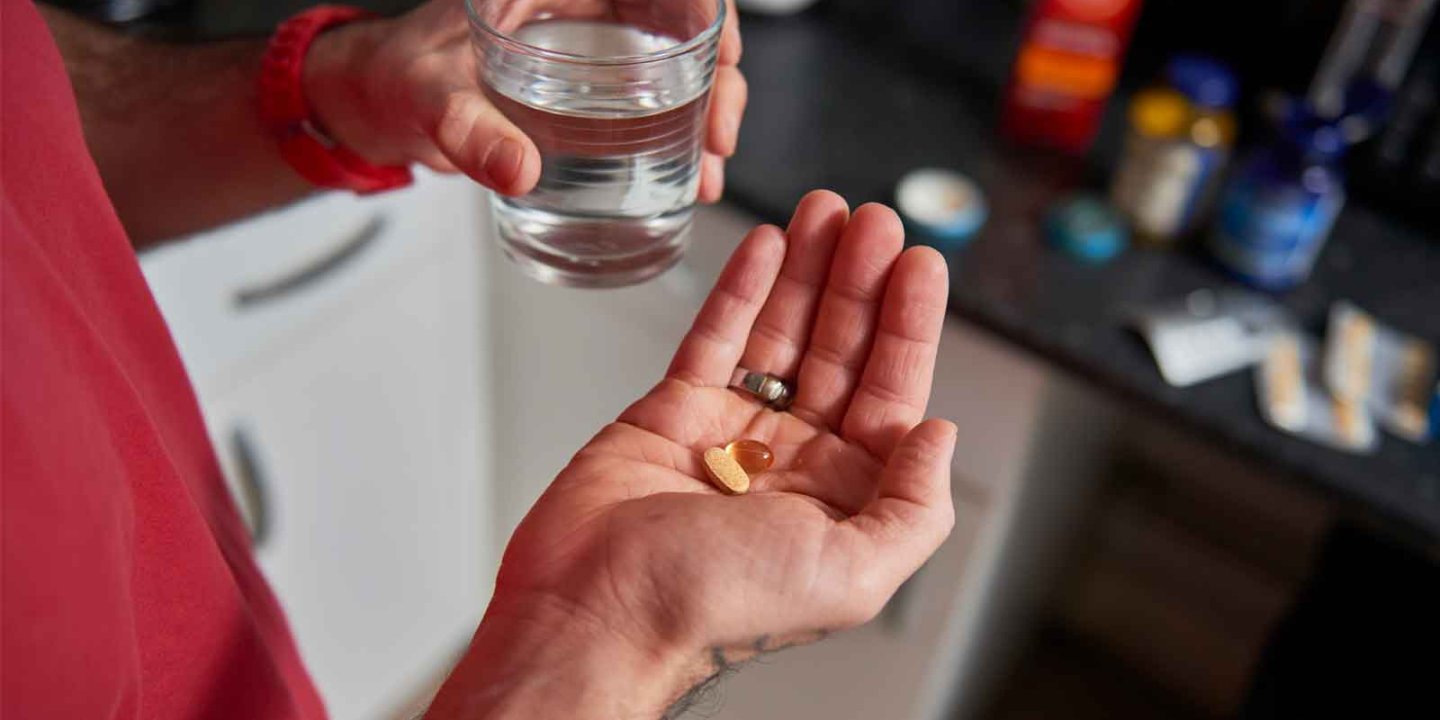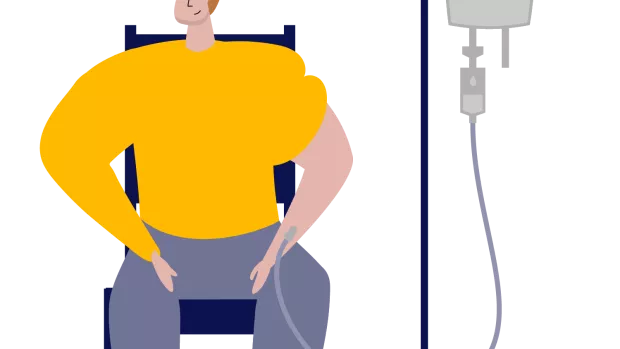
DMTs can reverse MS symptoms for some people
Disease modifying treatments (DMTs) may be able to reverse the symptoms caused by MS for some people with relapsing MS. This is according to new research published in the Journal of Neurology.
This is the first study that has measured whether people’s long-term symptoms improve following treatment. Previous studies have just looked for a reduction in the worsening of these symptoms.
For this study, scientists focused on symptoms defined in the Expanded Disability Status Scale (EDSS). These include problems with walking, thinking and swallowing.
The CARE-MS II trial
Researchers measured people’s symptoms every three months for two years in a randomised trial. They compared those taking alemtuzumab with people taking interferons.
Most people taking part in the study had not responded well to treatment with interferons previously.
By the end of the study, nearly 28% of those taking alemtuzumab had improved by at least one point on the standard EDSS. This is compared to 15% of those taking interferons.
Long-term benefits for DMTs
This adds to growing evidence of the long-terms benefits of DMTs. DMTs have been shown to slow progression of disability and reduce relapse rates for people with relapsing forms of MS.
Many of these treatments are too new for us to know exactly how long the benefits will last. But the evidence so far makes us hopeful that people starting treatment early after diagnosis will dramatically change the course of their condition.
We also expect to see the first DMTs for some forms of progressive MS in the next year.
Positive results
Sorrel Bickley, our Head of Biomedical Research, said:
“These results are really positive. The study shows that disease modifying treatments (DMTs) not only slow progression of multiple sclerosis but can also reverse symptoms for some people with relapsing forms of MS. This adds to the growing body of evidence around how effective DMTs are for helping people with MS manage their condition.
“More than 100,000 people are living with MS in the UK and we’re campaigning to make sure they have access to all licensed treatments - because not everyone will respond to a particular drug.”


